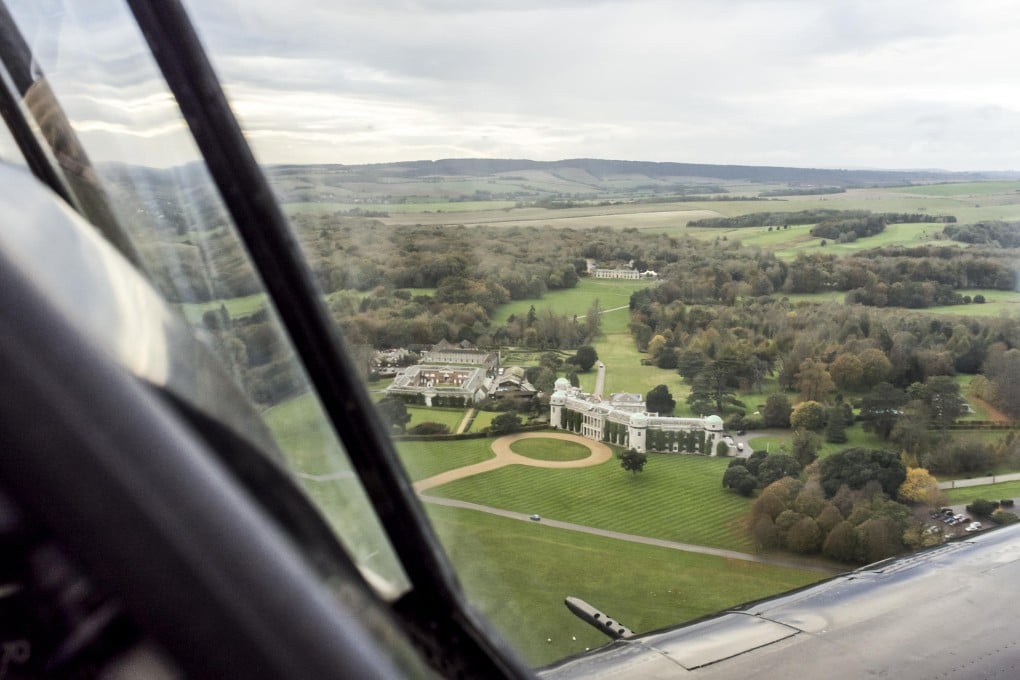To kingdom come
The UK's country estates offer more than manicured gardens and afternoon tea. Lara Brunt seeks out two not-so-idle pleasures

Call it the Downton Abbey effect. Britain's glorious country estates have never been more popular. Indeed, visitor numbers at Highclere Castle, the beautiful Berkshire estate that doubles for Downton, have rocketed from 300 to 1,300 people a day since the period drama first hit television screens.
Despite their grand mansions and lavish grounds, many country piles are still very much working estates, providing much-needed employment for rural communities. Ancestral homes don't come cheap, though. Today's enterprising aristos have worked hard to diversify, with tourism sitting side by side with farming and field sports.
Beyond the house tour and tearoom, many estates offer luxury leisure activities that provide a glimpse of the history and traditions of the British upper classes. And it is history that brings me to Goodwood Estate, in West Sussex.
Privately owned by the Duke of Richmond, the 12,000-acre estate is one of England's largest lowland organic farms, supplying produce to many of London's top restaurants. At the heart of the estate lies Goodwood House, an elegant 17th-century mansion surrounded by fields of grazing sheep.
During the second world war, an aerodrome was built here. Known as RAF Westhampnett, it served as a prominent Battle of Britain air base, from which young pilots took to the skies in Hurricanes and Spitfires.
"They had to learn to fly so quickly and at such an incredibly young age - what they achieved was fundamental to the war effort and enormously courageous," says Lord March, the current duke's son.